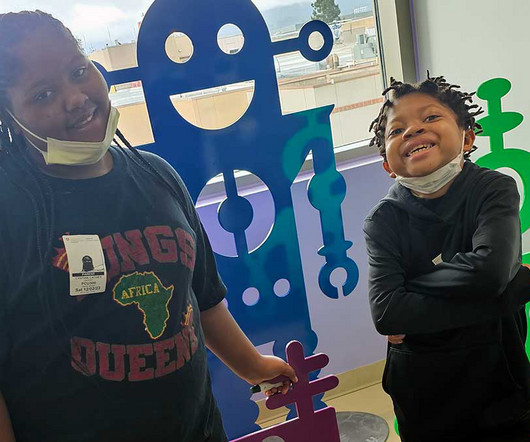How Technology Can Support Students with Chronic Health Issues
Magnus Health
NOVEMBER 8, 2024
For K-12 school nurses, managing the health of students with chronic conditions such as asthma, diabetes, and epilepsy can be challenging. Learn how EHR software can help you improve student care and support those with chronic health conditions within your school community.



















Let's personalize your content